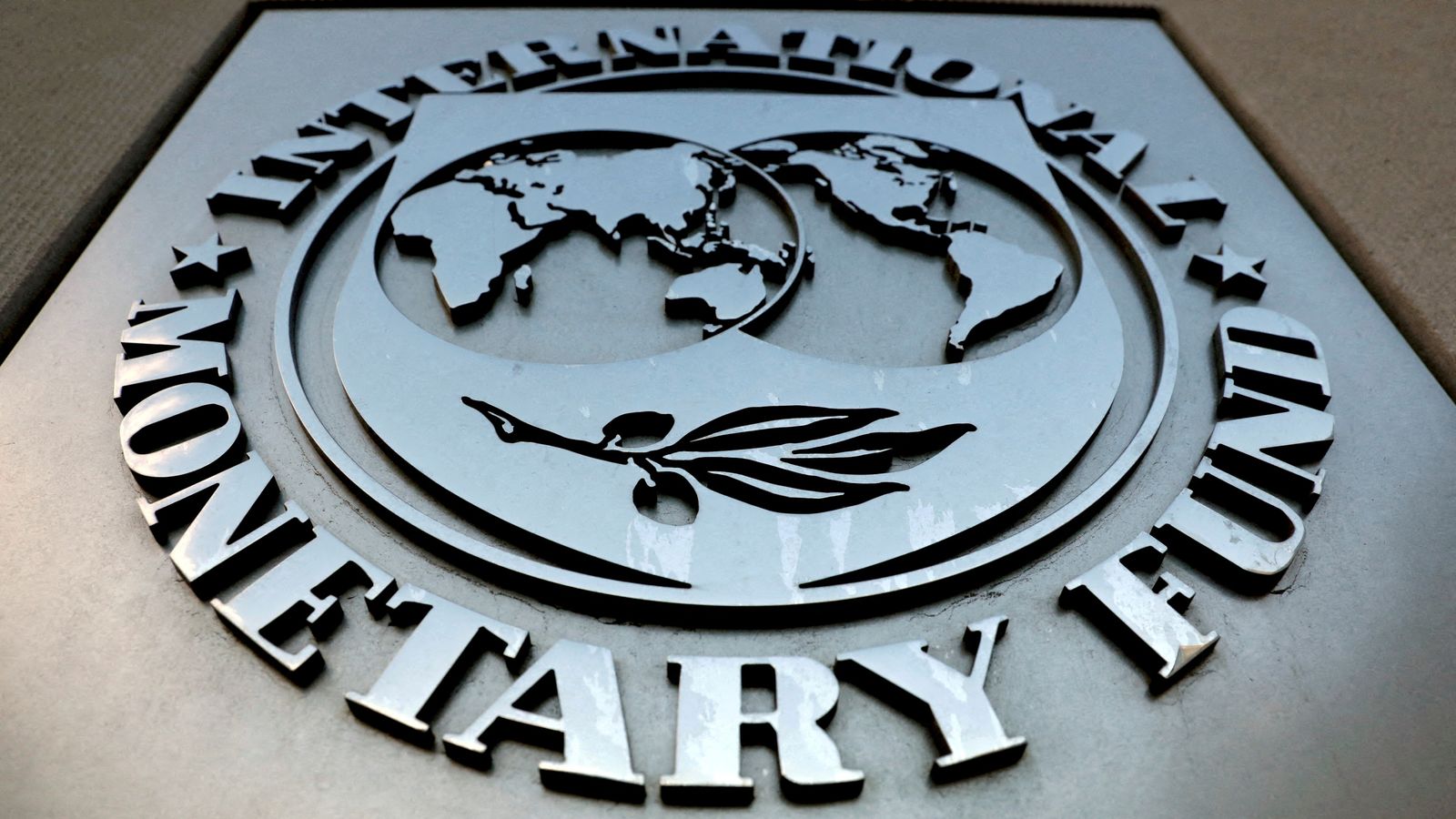Working households are facing the worst Christmas wage squeeze in almost a decade, according to a report by the TUC.
The union organisation demanded the government deliver a “proper plan to get pay packets rising“, arguing that pressure on budgets from soaring bills and falls in wages were only set to intensify in the months ahead.
Its analysis of official statistics indicated that real wages – after the cost of living has been taken into account – this month are on course to be 0.8% lower than in September.
In the last quarter of the year, pay has grown by 0.8%, half as much as inflation (1.6%), the report said.
It was released at the start of a week that will reveal the latest official figures covering wage growth and inflation – with the Bank of England set to announce its latest interest rate decision on Thursday.
The TUC pointed to rising energy bills and withdrawal of the £20 a week Universal Credit uplift as intensifying pressure on households in recent months.
An increase in national insurance contributions to help pay for the social care system in England and a further, widely expected, increase in the energy price cap – both due in April – are due to add to the squeeze.
TUC general secretary Frances O’Grady said: “People should be able to look forward to Christmas without having to worry about how they’ll pay for it.
“Millions are facing a cost of living storm as bills soar and real pay falls. After more than a decade of wage stagnation, this is the last thing working families need.
“The government can’t sit this crisis out. We need a proper plan to get pay packets rising across the economy, or the squeeze on household budgets will continue.
“Ministers should get around the table with unions and employers now and work out fair pay agreements for every industry. That’s the best way to boost living standards and ease the pressure on households.”
Economists polled by Reuters expect the consumer prices index (CPI) measure of inflation – currently at a near-decade high of 4.2% – to have hit 4.7% in November when the latest figures are released on Wednesday.
The Office for National Statistics (ONS) has placed a major health warning on its average wage figures during the COVID crisis to date as the numbers have been influenced by pandemic-related anomalies, such as the furlough scheme.
The week’s data flow will culminate with a decision by the Bank of England on whether it needs to act against growing inflation expectations by raising interest rates.
Policymakers had widely expected the Bank to act last month but a majority on the nine-member monetary policy committee held back – in a big surprise for financial markets.
They had priced in a rise from the crisis-low 0.1% Bank rate to 0.25%.
The Bank is expected, by economists, to hold fire this month on the grounds that raising borrowing costs at a time of tightening COVID restrictions and a slowing economy would be counter-productive.
Governor Andrew Bailey has already said that its policy decisions would have no impact on factors outside its control, such as higher global energy costs.




